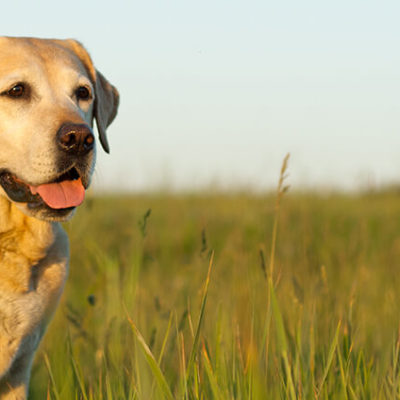Keep ahead of the threat
Stay up to date with the latest mycotoxin information by signing up to our newsletter

Blog
Managing the Mycotoxin Challenge in Forages
May 05, 2021Forages have long been the standard feedstuff for ruminant livestock production. The use of higher forage content total mixed ration (TMR) has increased in recent years, createing the need for greater monitoring of the quality for high inclusion feedstuff(s).
Read more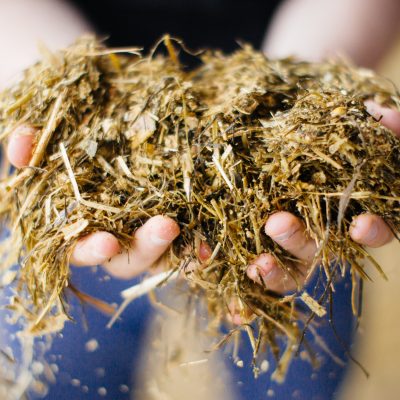
Can healthy soils and foliar sprays reduce the mycotoxin risk in crops?
March 25, 2021The infection of crops by fungal pathogens has the ability to reduce crop yield and quality, however, what is often of greater concern to livestock producers is the secondary metabolites which these fungi produce.
Read more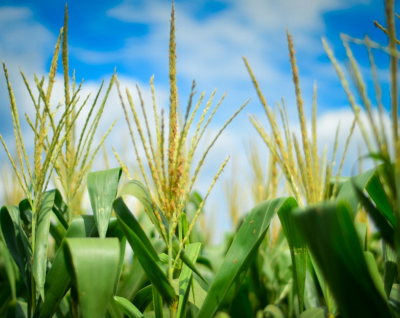
Climate change and mycotoxin risk: Analysing an evolving problem
March 19, 2021Climate conditions can profoundly affect growth, distribution and mycotoxin production in fungi, changes in climatic conditions has the potential to increase the risks that mycotoxigenic fungi pose to food and feed safety.
Read more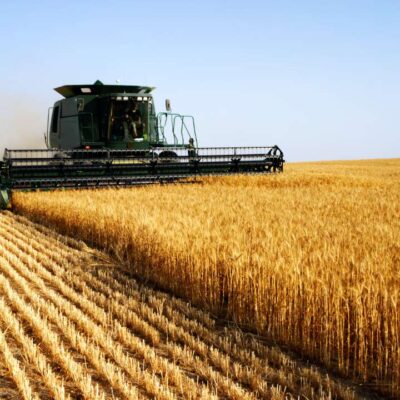
Mycotoxins and animal immunity: What do we know?
February 16, 2021Birds, particularly poultry, can be susceptible to a wide array of mycotoxins, in addition to the typical stressors associated with intensive rearing practices.
Read more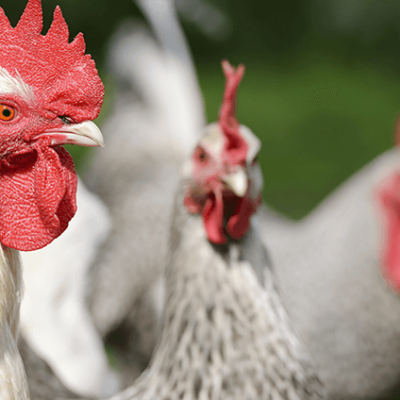
Climate change and mycotoxins: untangling a complex web
January 27, 2021The work carried out by the Alltech Mycotoxin Management platform and Alltech Crop Science specifically focuses on the reduction of mycotoxins in finished feed and their impact on animal health, performance and profitability, subsequently helping the global agricultural industry work toward a Planet of Plenty.
Read more
Mycotoxin treatment: mission possible?
December 15, 2020Effective mycotoxin management is about seeing the whole challenge, from the farm to the feed mill and from risk assessment to feed management.
Read more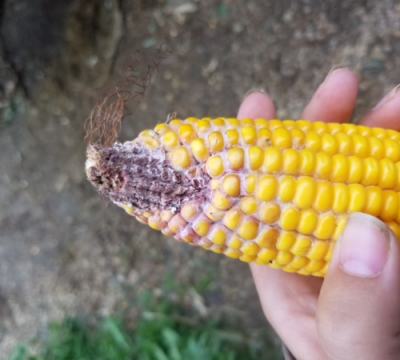
Where are mycotoxins found?
November 27, 2020Mycotoxins are toxic compounds that are naturally produced by certain types of molds (fungi). Molds that can produce mycotoxins grow on numerous foodstuffs such as cereals, dried fruits, nuts and spices and feedstuffs such as corn, wheat, barley, silage, haylage, grass, etc.
Read more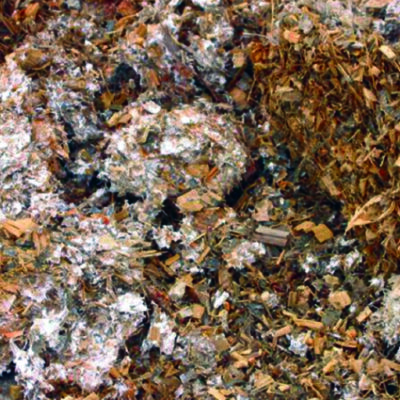
The impact of mycotoxins on pets
October 29, 2020Pets have become our family members, and mycotoxin contamination in pet food not only affects their health and safety but can create an emotional and economic impact on the human family members.
Read more